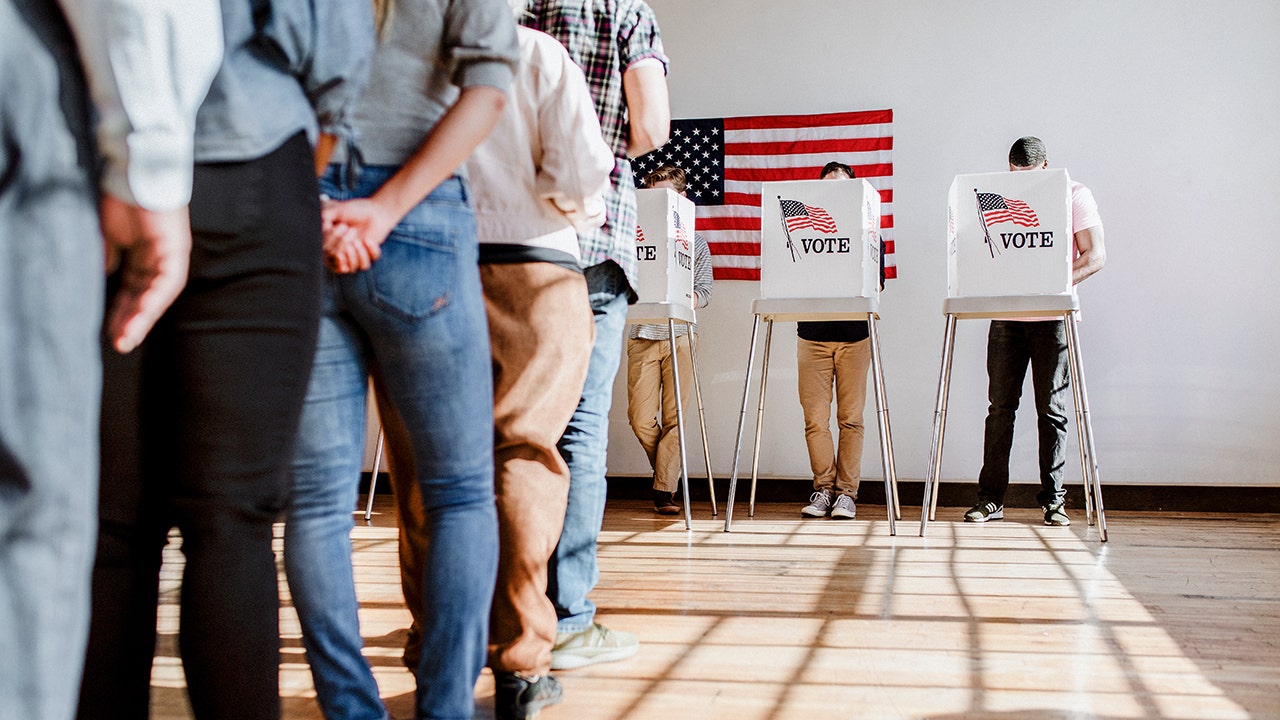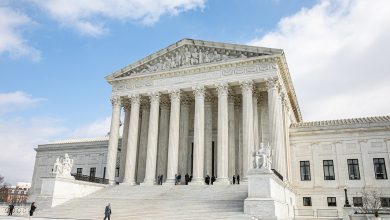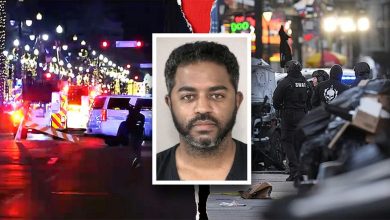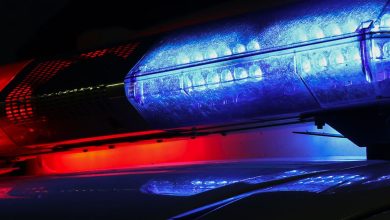In the age of social media, it’s not unusual to see voters taking pictures with their ballots at election booths across the country, but in some states, taking “ballot selfies” is against the law and offenders can even face prison time.
According to a recent report from the nonprofit organization Lawyers for Good Government, ballot selfies are against the law in 13 states, while seven states have laws prohibiting ballot selfies at polling locations but not with mail-in or absentee ballots.
“State laws that prohibit ballot selfies are silly and nonsensical. More importantly, they are unconstitutional,” former attorney and adjunct law professor Gregg Jarrett told Fox News Digital.
“Such state laws are outdated and have nothing to do with election integrity.”
TRUMP VS. HARRIS: CITIES ACROSS US BOARD UP AHEAD OF ELECTION
Before the secret ballot, which rolled out in the United States in the late 19th century to curb voter fraud, bribery and intimidation, voters used to cast their ballots in a transparent glass globe box, according to the Congressional Research Institute.
Once secret ballots were introduced, state laws were created to protect voter privacy, but many states have not amended their laws to coincide with modern-day technology like the smartphone and the growth of social media.
“The notion that ballot selfies somehow undermine laws against voter coercion or ballot buying is without evidence,” Jarrett said. “There’s no credible proof that it has anything to do with voter intimidation. How exactly does it constitute voter fraud, as some states allege? It doesn’t.”
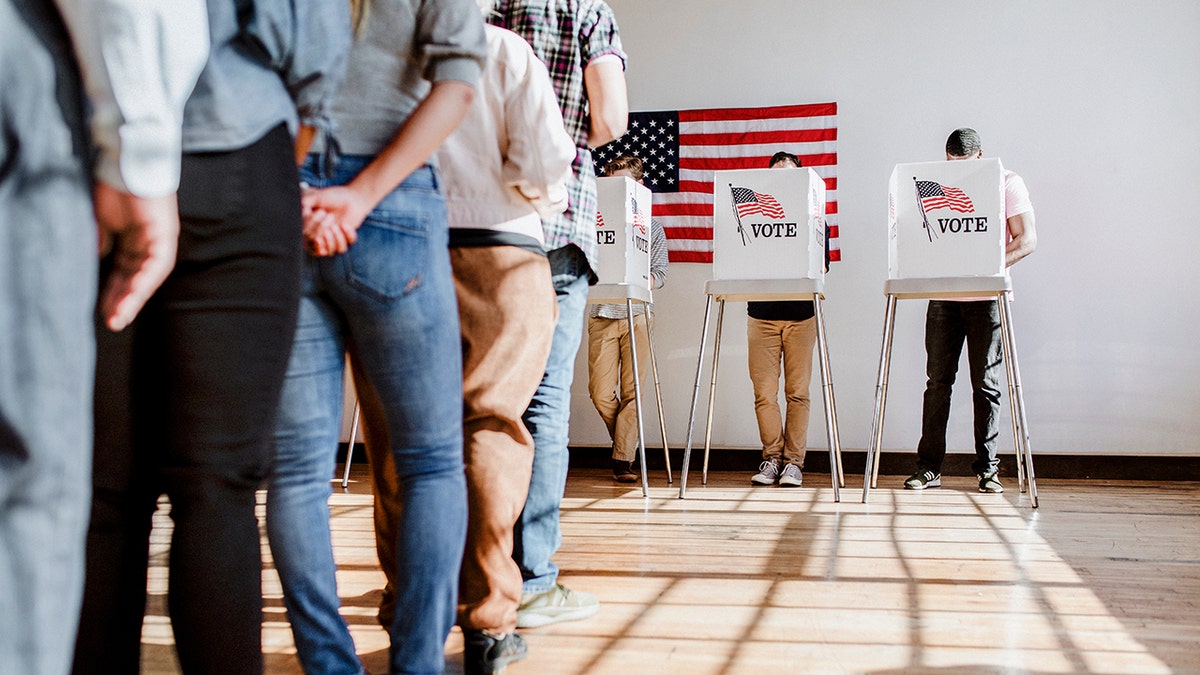
In some states like New York and South Carolina, taking a ballot selfie is considered a misdemeanor, and in South Carolina, the law prohibiting photos of the ballots shows offenders can face up to a year in prison, Fox Carolina reported.
Other states like New Jersey are more lenient in their enforcement. While taking a ballot selfie is technically prohibited in New Jersey, Secretary of State spokesperson Trudi Gilfillian said poll workers may simply ask people to stop if they are found taking a selfie in the booth and do not to enforce the law if they find images posted on social media.
GOP LAWMAKERS FOUND ALARM ON MILITARY VOTING ‘DEFICIENCIES’ AHEAD OF ELECTION DAY
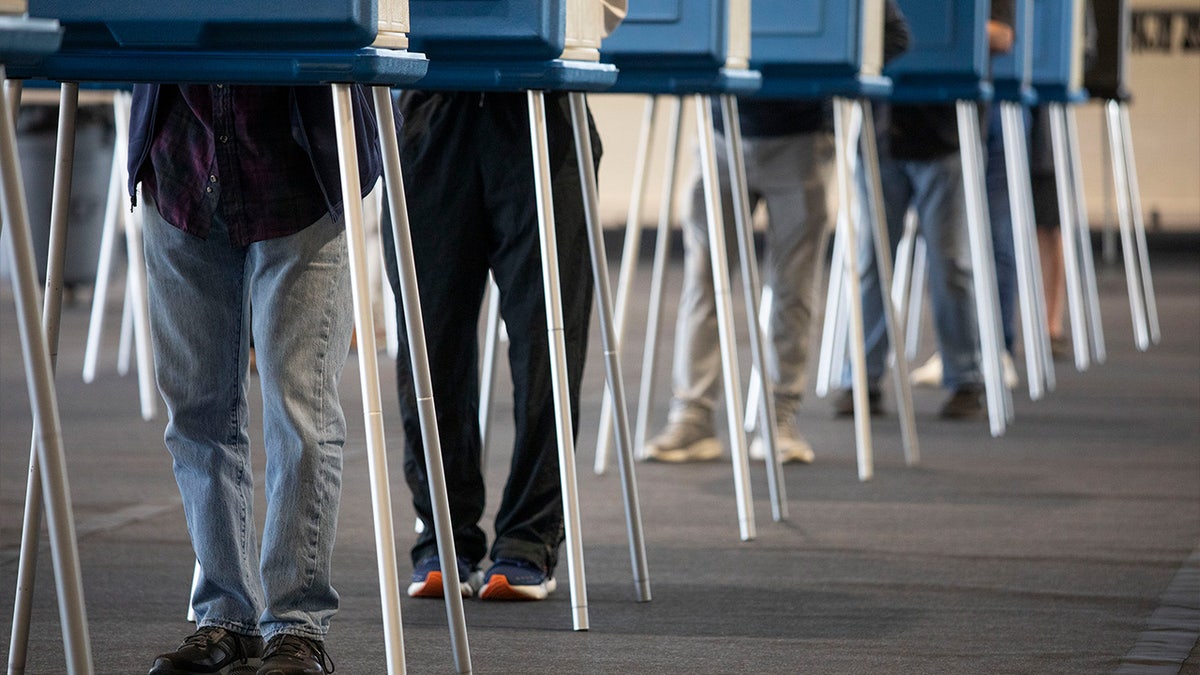
“While it’s true that citizens have a right to privacy in the voting booth and the law protects their confidentiality whenever they cast ballots in secret, people are free to waive that privacy right by disclosing publicly how they voted,” Jarrett noted. “For example, you can tell your friends or even post your choice on social media or in other communications.
“The First Amendment preserves the free speech right to express your voting preference both before and after casting your ballot. Snapping and posting a ballot selfie is simply another form of the same kind of free expression.”
Over the years, courts in Georgia, New Hampshire and Indiana have either struck down or barred laws banning ballot selfies, and most recently, a federal judge in North Carolina ordered a district attorney not to prosecute a voter who challenged the state’s ban on ballot selfies, The Carolina Journal reported.
After taking a picture of herself with her completed March 2024 primary ballot and sharing it on social media, the voter “received a letter from the North Carolina State Board of Elections demanding she take down her ballot selfie and threatening her with criminal prosecution,” her attorneys wrote in court filings.
DISCOVERY OF ‘FRAUDULENT’ VOTER APPLICATIONS PROMPTS PA PROBE OF ARIZONA COMPANY’S POTENTIAL INVOLVEMENT
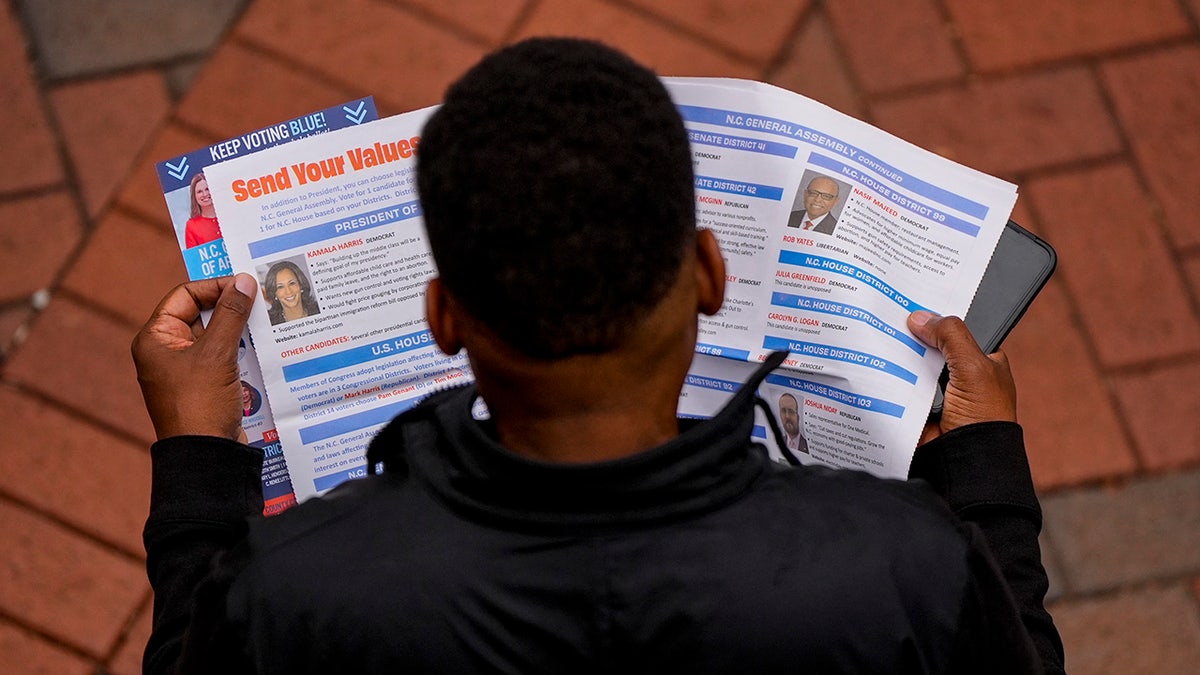
“Political speech, including photos, are constitutionally-protected messages,” Jarrett said.
“Many states recognize these common sense arguments and, therefore, permit selfies because it’s consistent with our free speech principles.”
Read the full article here

